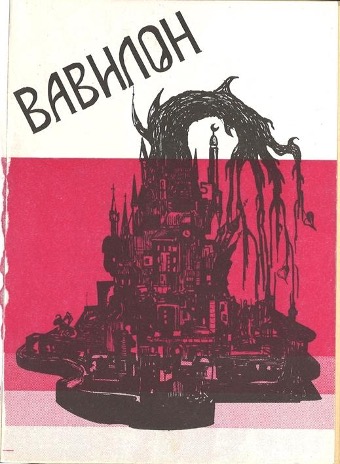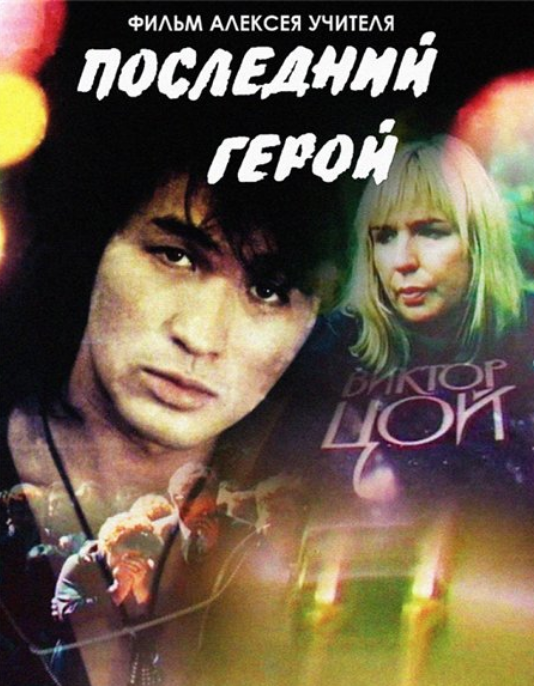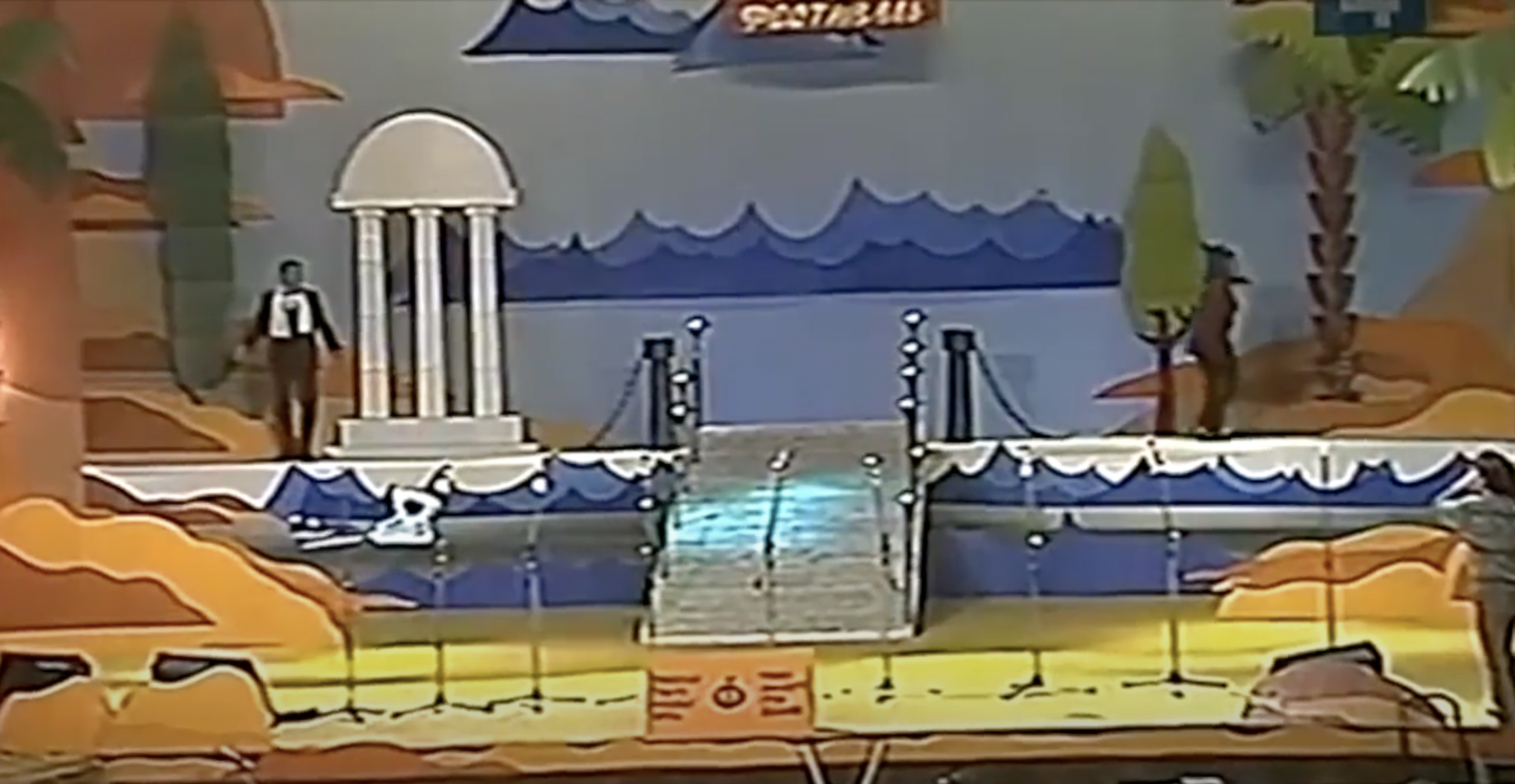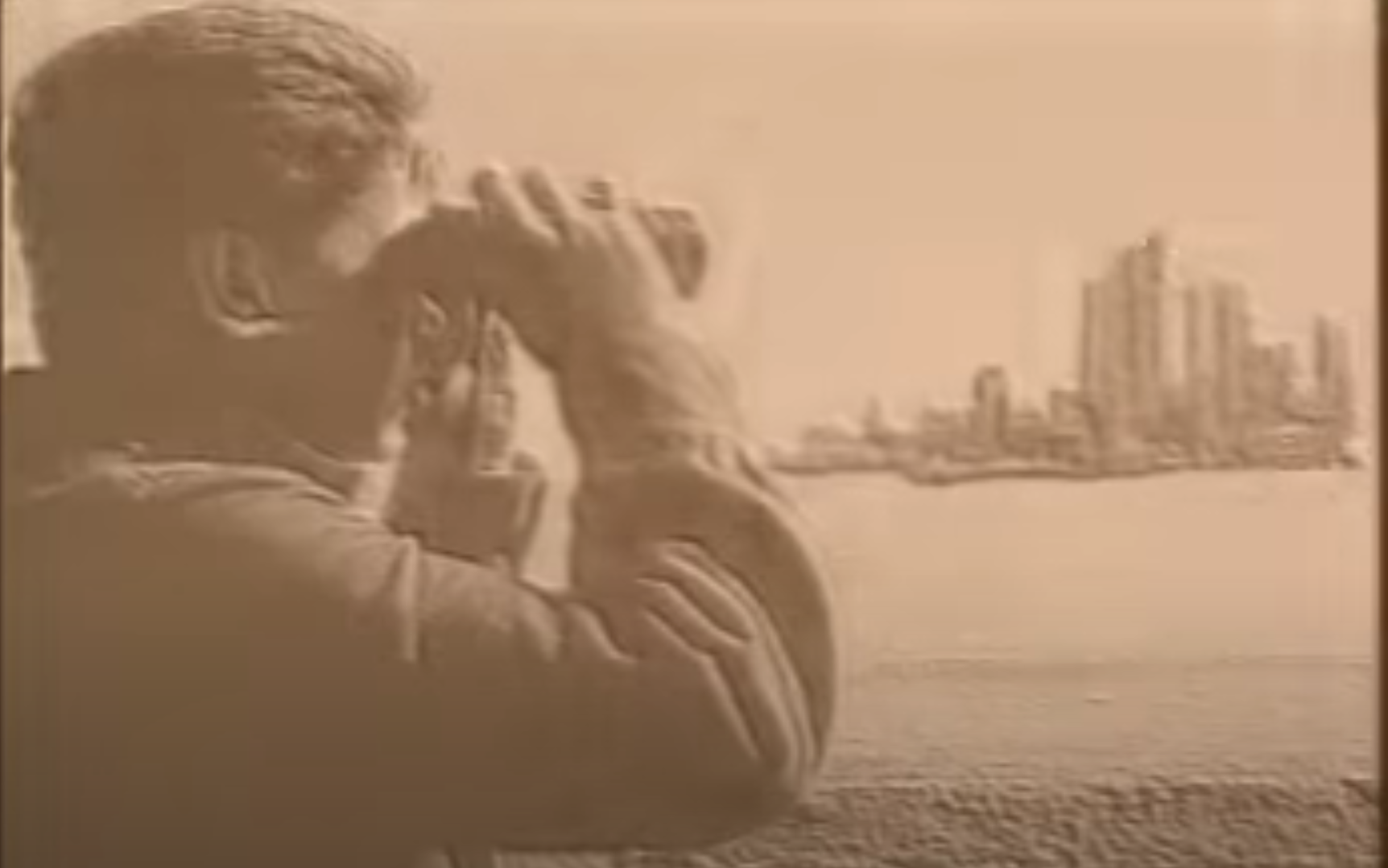Search Results
Search Terms
Results: Displaying Artifact 7 - 12 of 22 in total
Text Containing: 1992
Fields: Human Readable Date
Page: 2
Ivan Maximov’s logo for the video game console “Dendy,” 1992
The logo of a young, anthropomorphic elephant giving the victory sign with his left hand announced Russia’s first game console, Dendy, which became enormously popular between 1992 and 1996.
An Online Babylon: Vavilon.ru
Vavilon, or Babylon, began as a loose group of young poets brought together by Dmitry Kuzmin in 1988. In the post-Soviet years, the group's almanac, and then website, became a driving force behind some of the most innovative poetry of the 1990s.
Viktor Tsoi’s funeral, from Alexei Uchitel’s “Last Hero,” 1992
Made in collaboration with rock star Viktor Tsoi's (1962-1990) widow, Marianna Tsoi (1959-2005), this film, directed by Alexei Uchitel (1951-), includes scenes from Tsoi's funeral and chronicles the mass mourning of the late musician—a proxy, perhaps, for mourning the perestroika era as a whole.
Losing the Soviet nation on "KVN"
The winter 1992 opening broadcast of the amateur variety and improv contest show “KVN” (“the Club of the Jolly and Resourceful”). Filmed just a few months after the dissolution of the USSR, the episode features former Soviet university teams lamenting the new national borders appearing all around them.
No preview available
Lyube’s “Stop Fooling Around, America!” (1992)
This 1992 music video for Lyube's “Stop Fooling Around, America!” uses retro newsreel footage and animation to demand Alaska’s return to Russia, deploying folksy humor to advance post-Soviet neo-imperialism.




